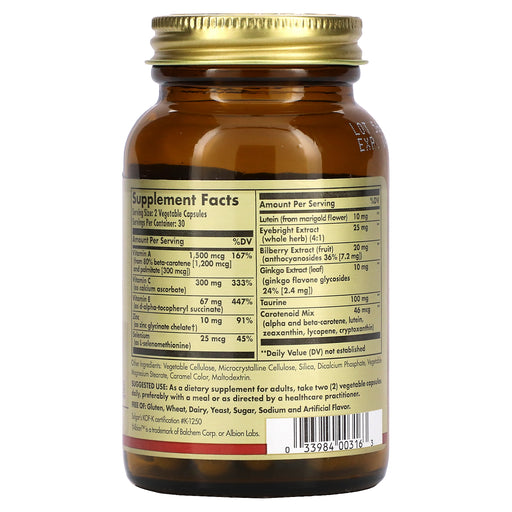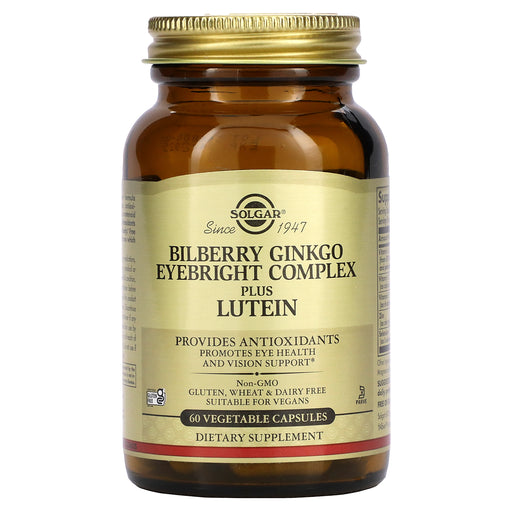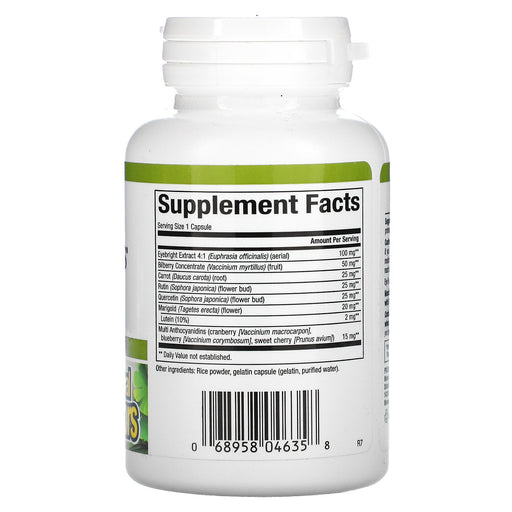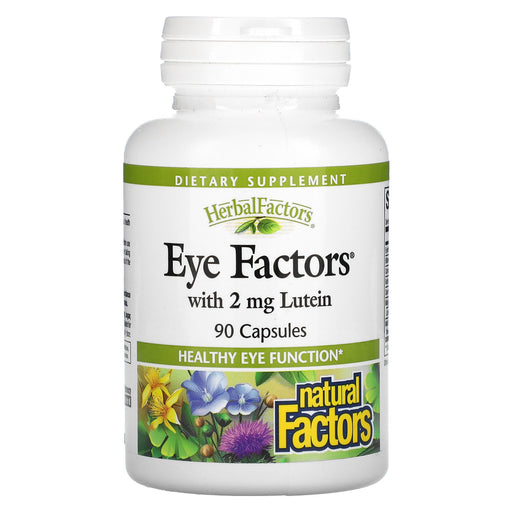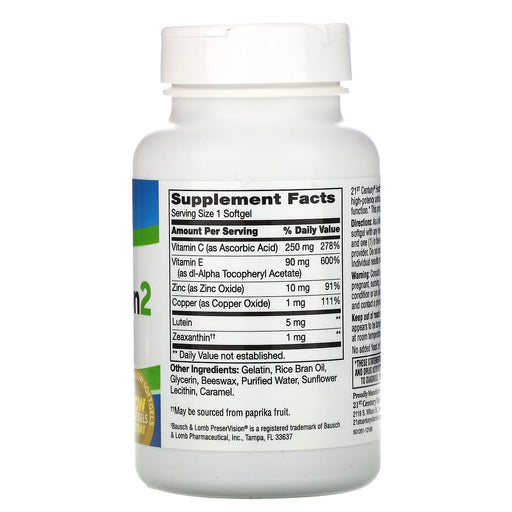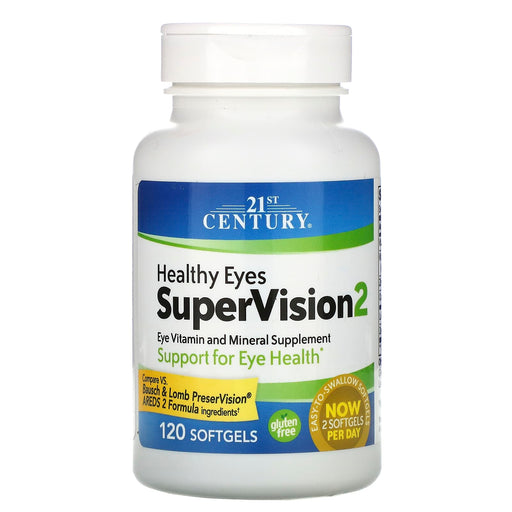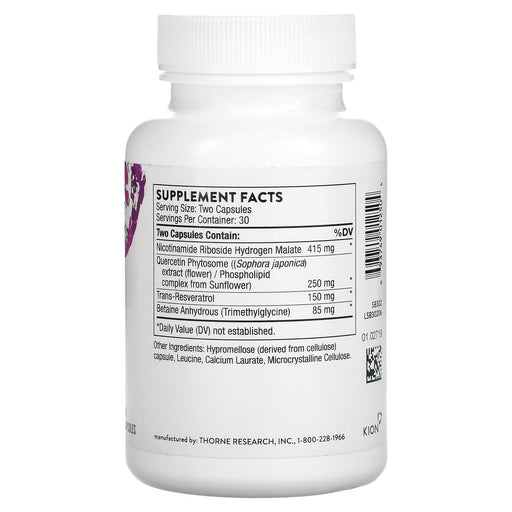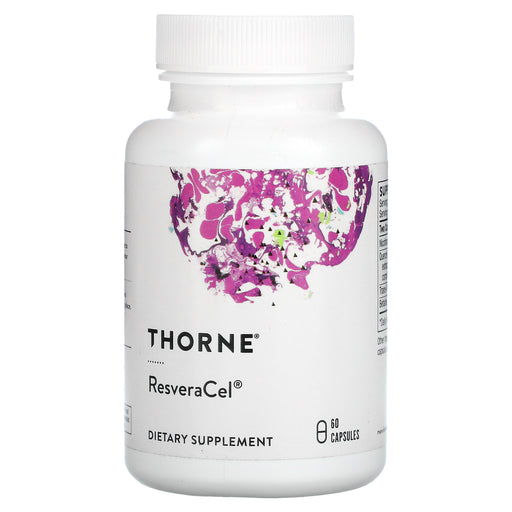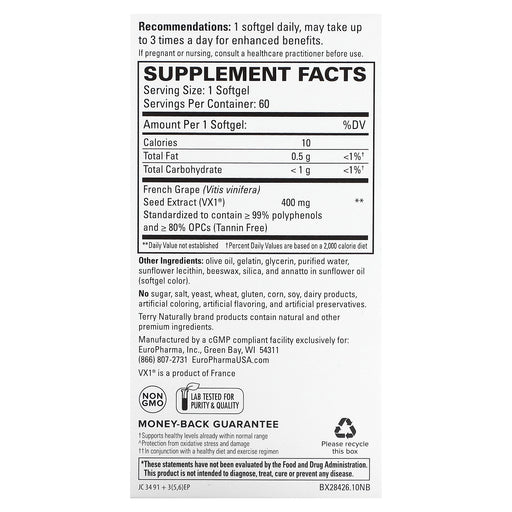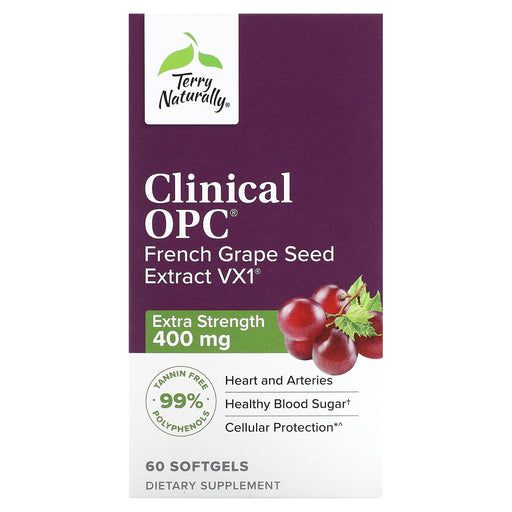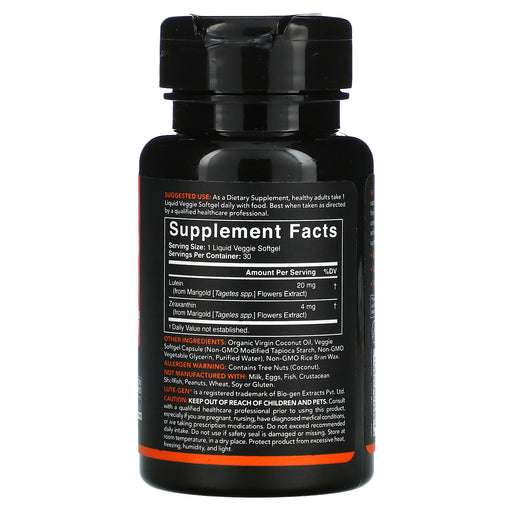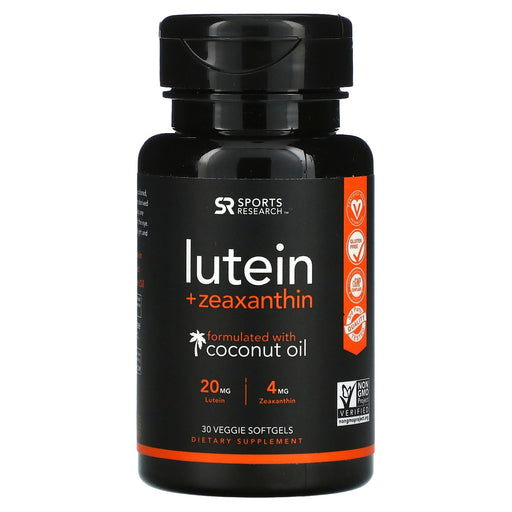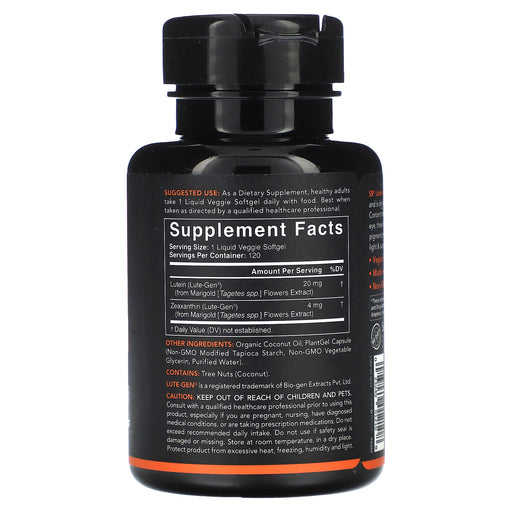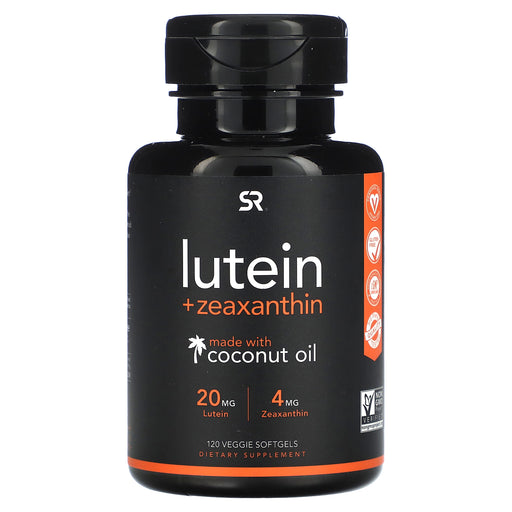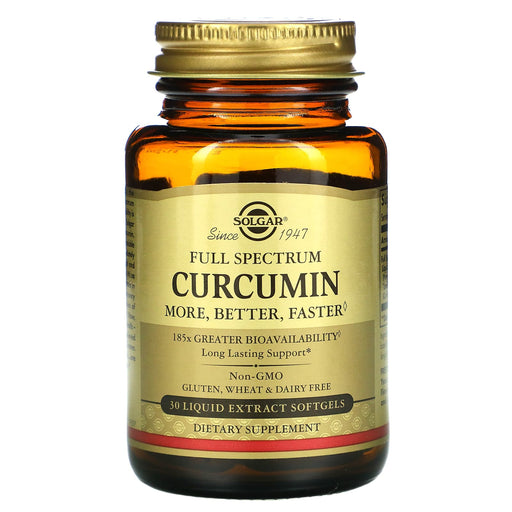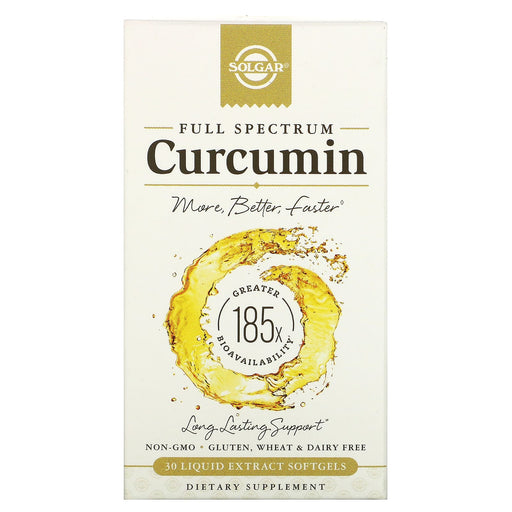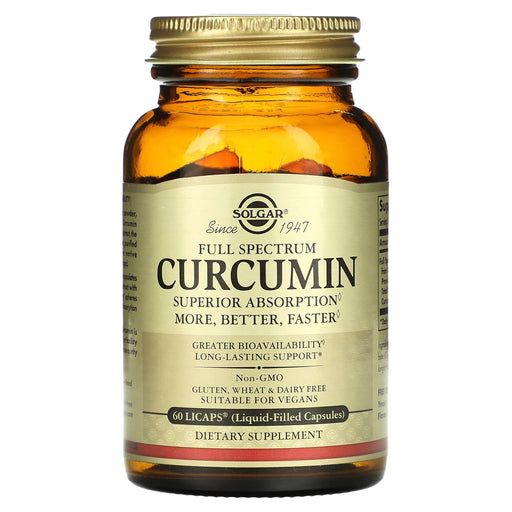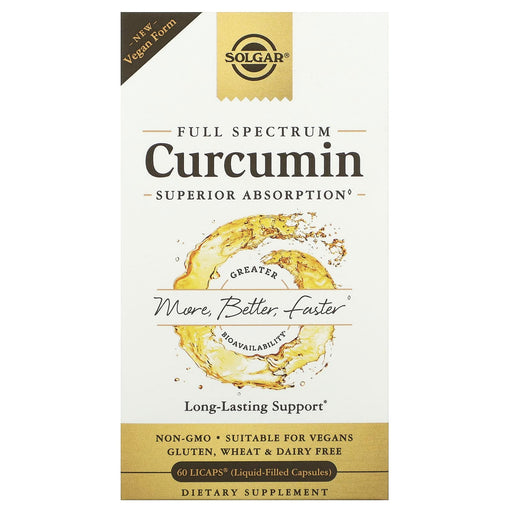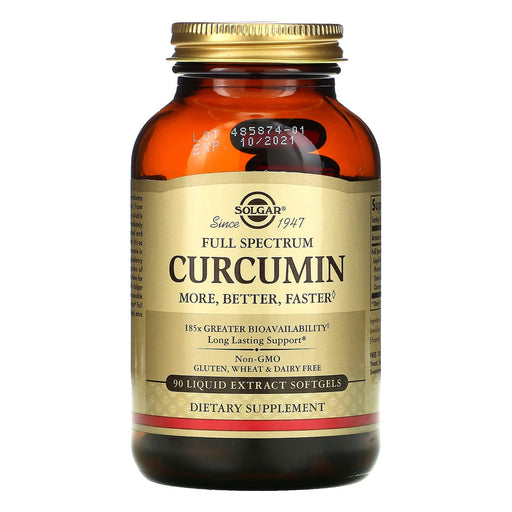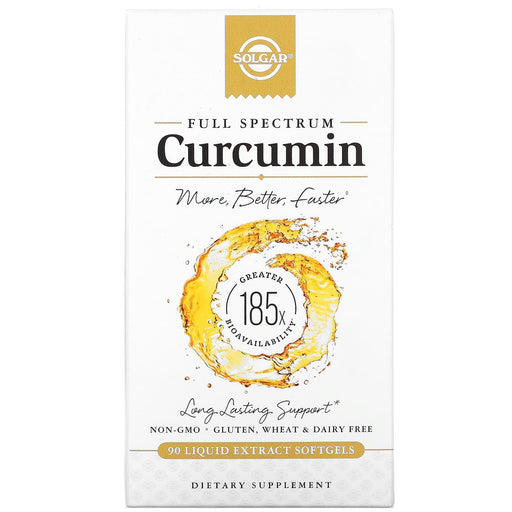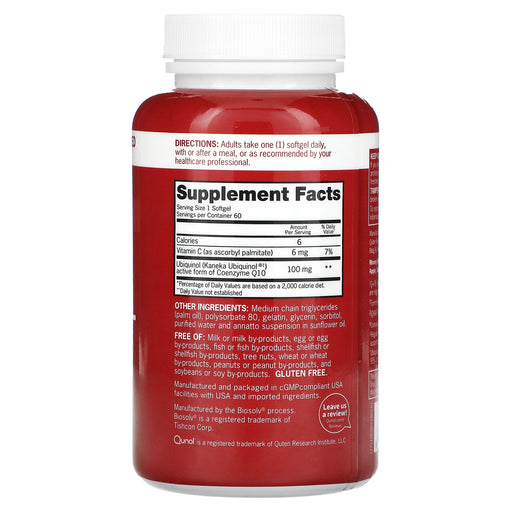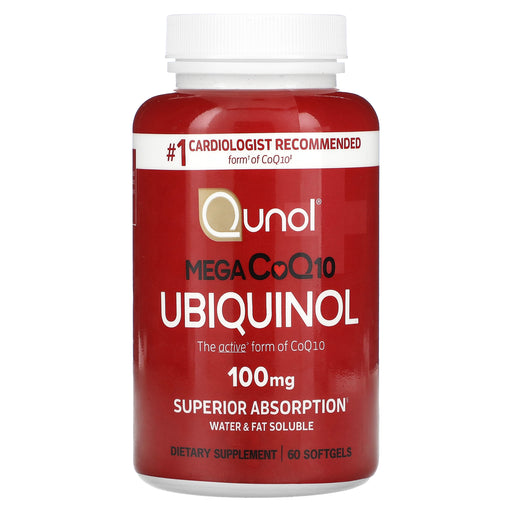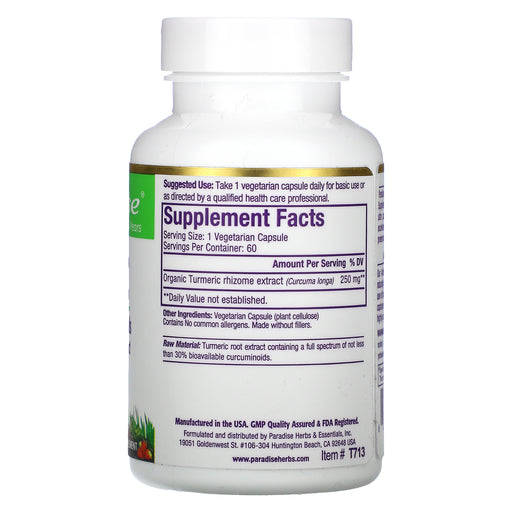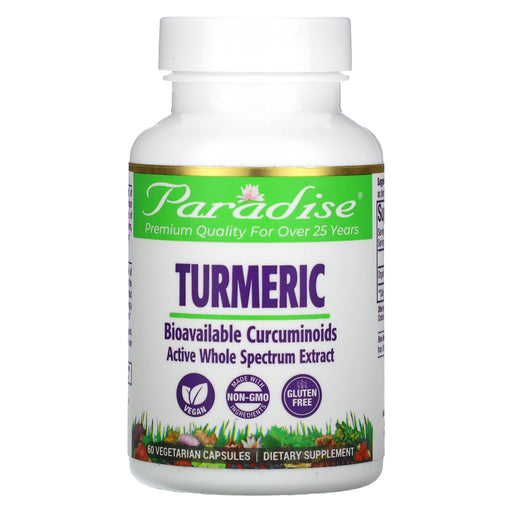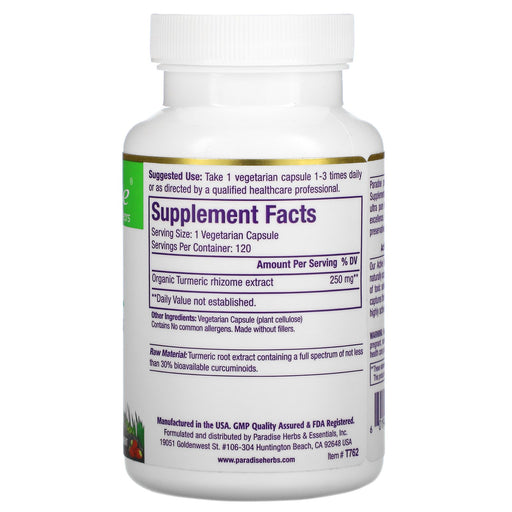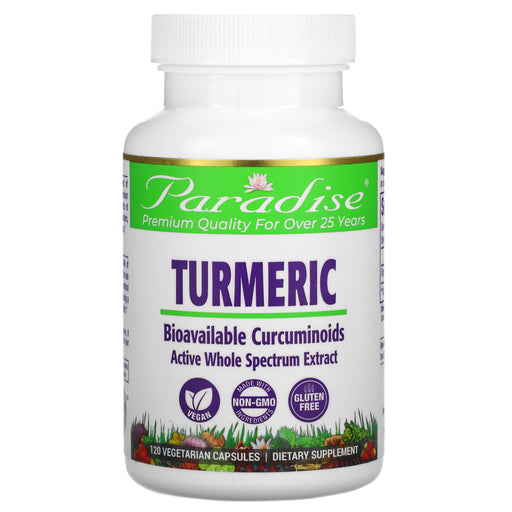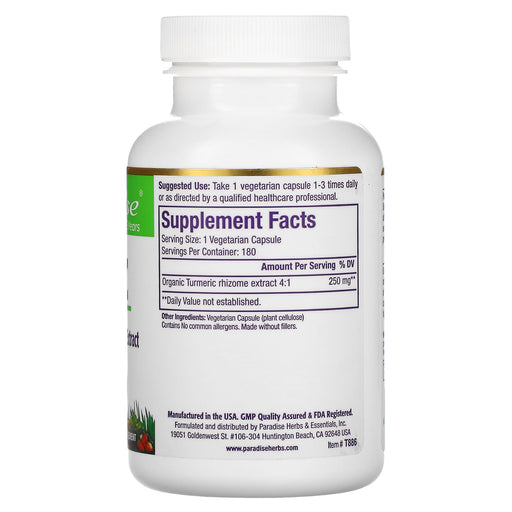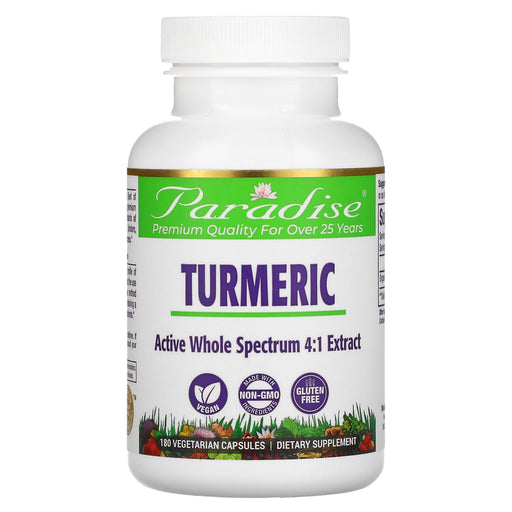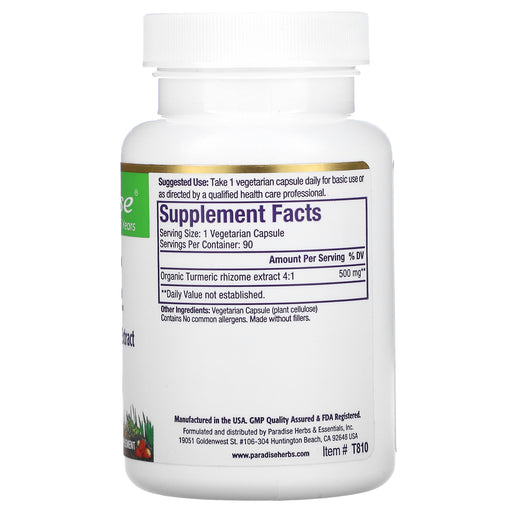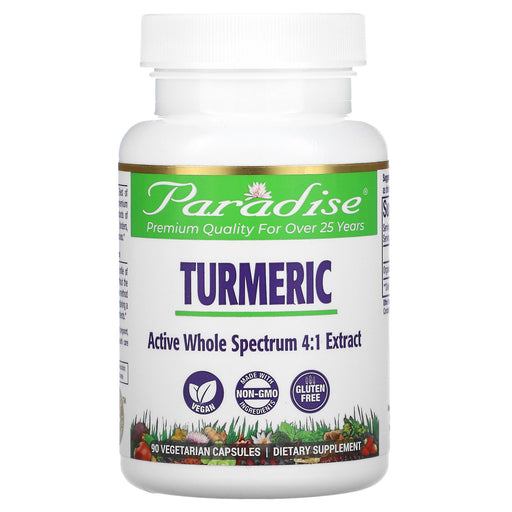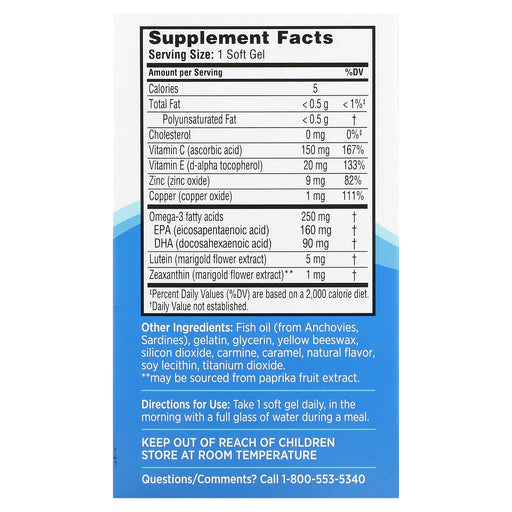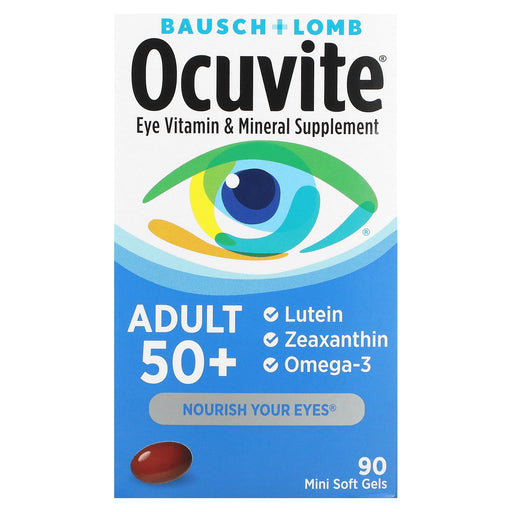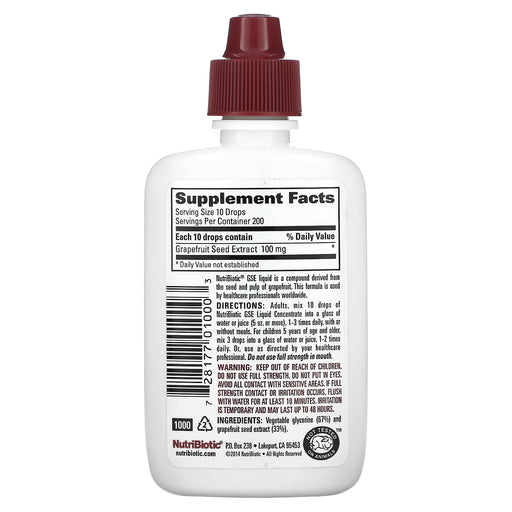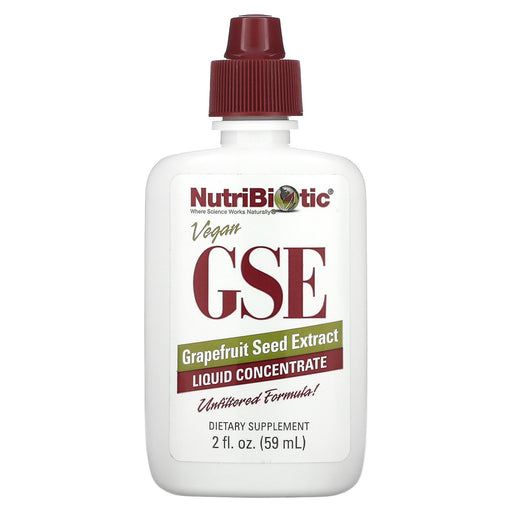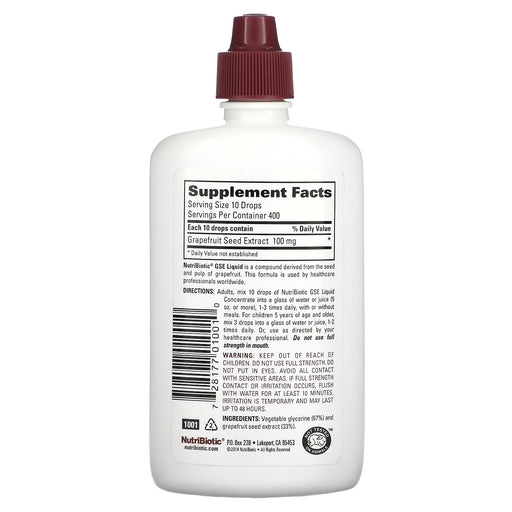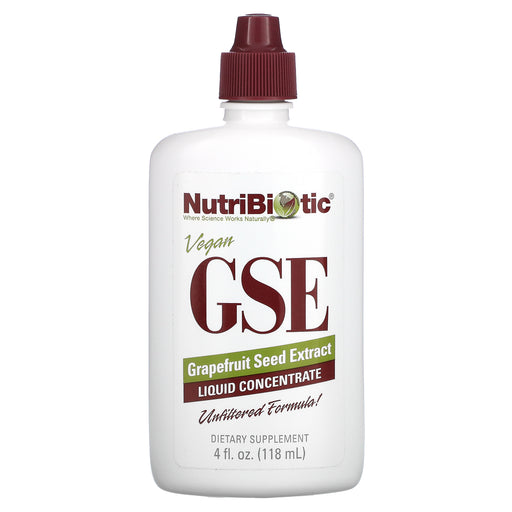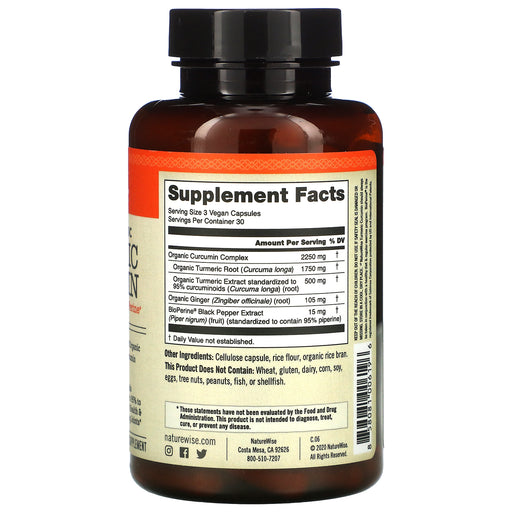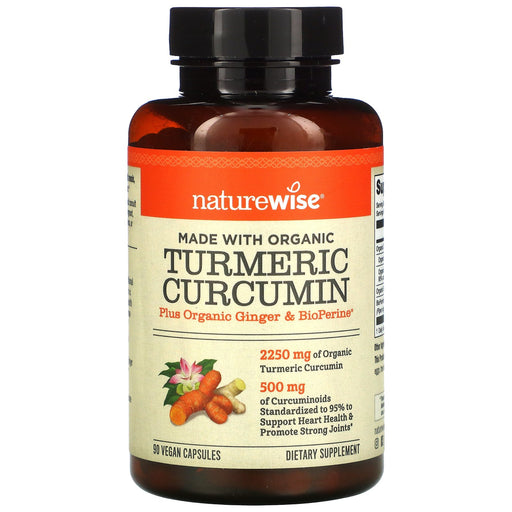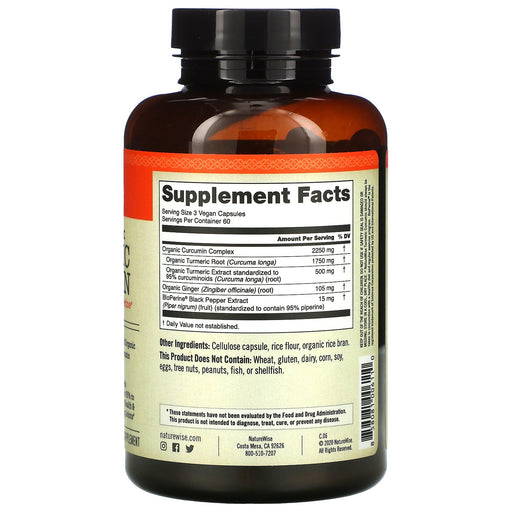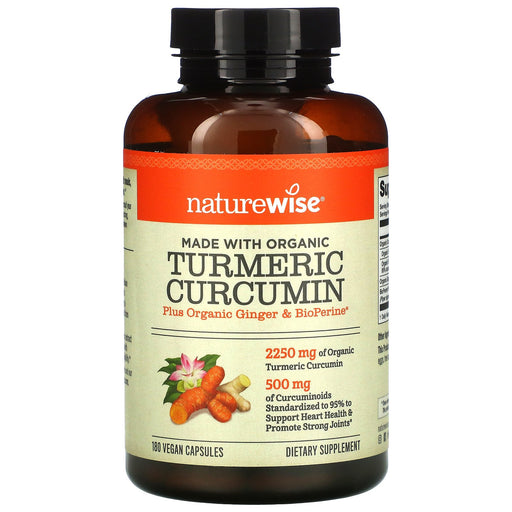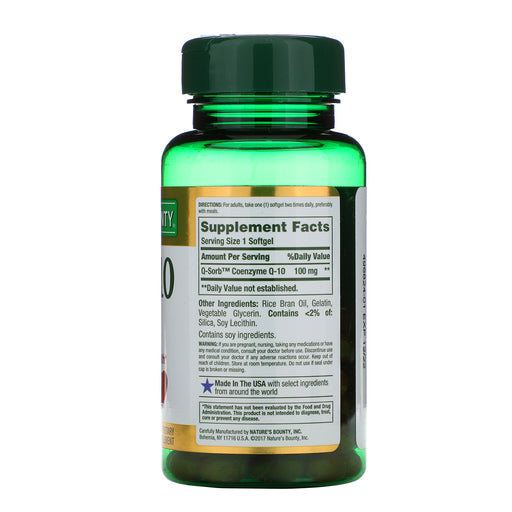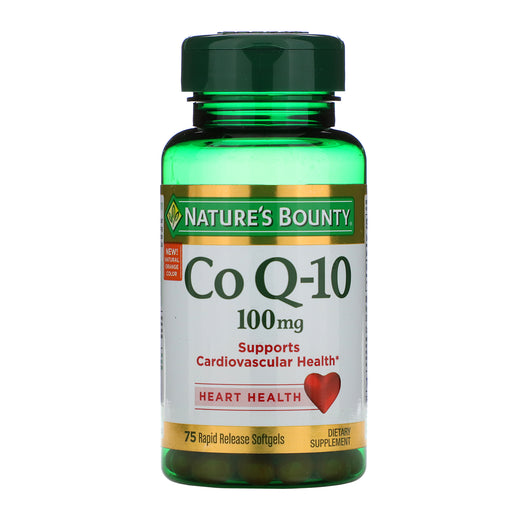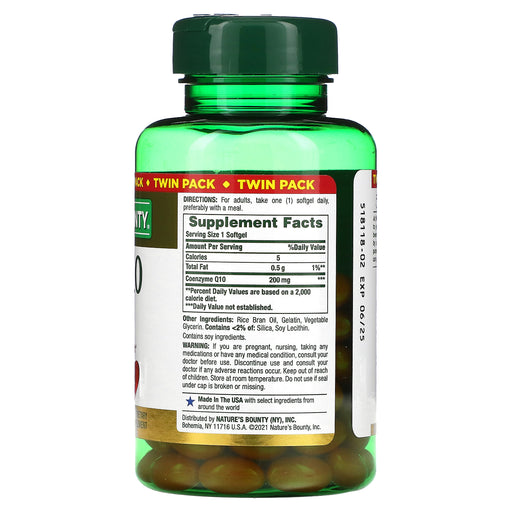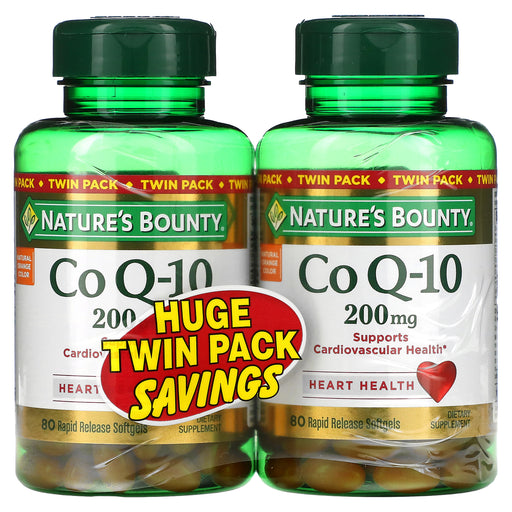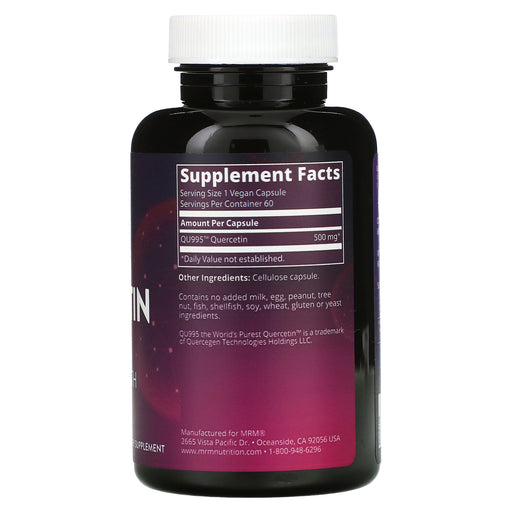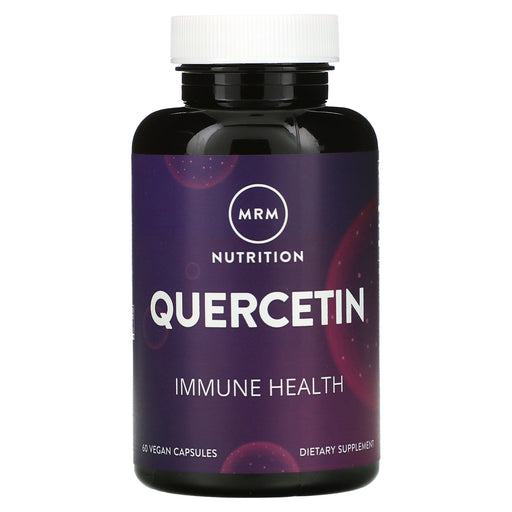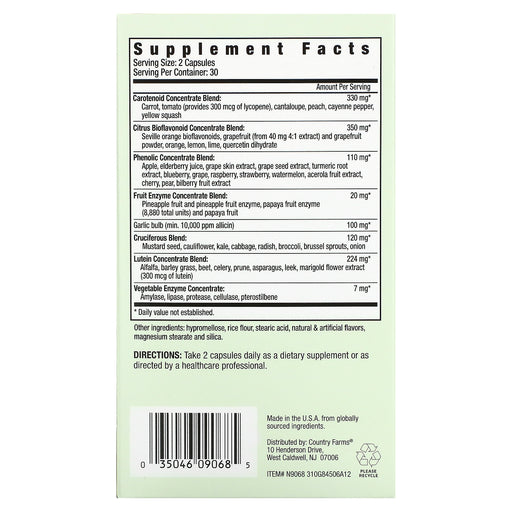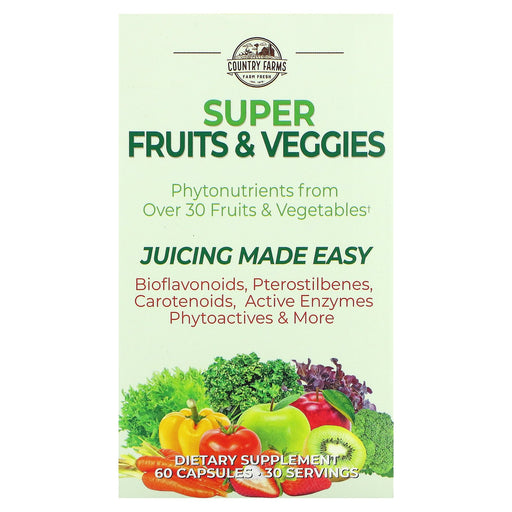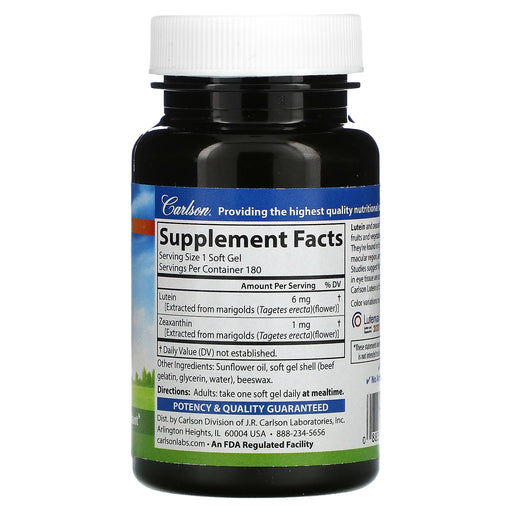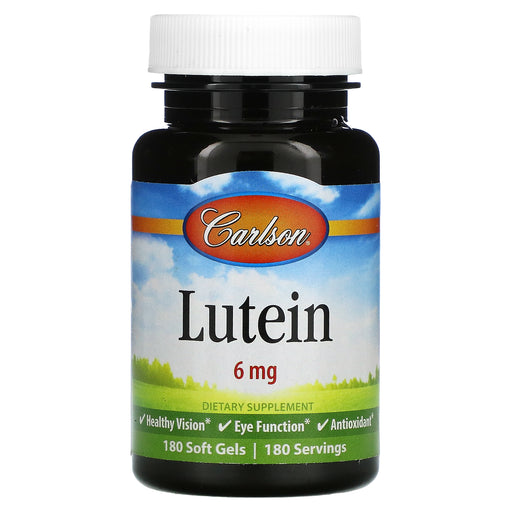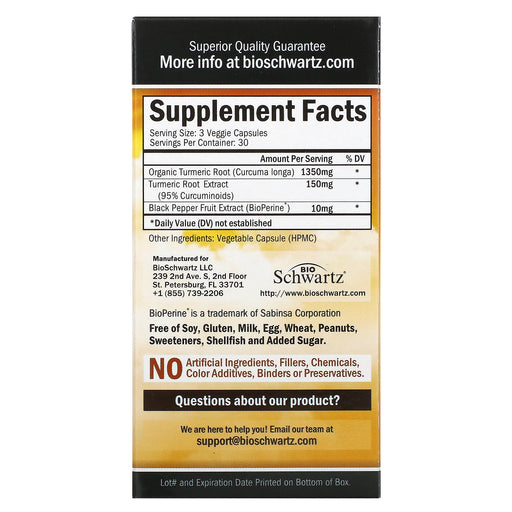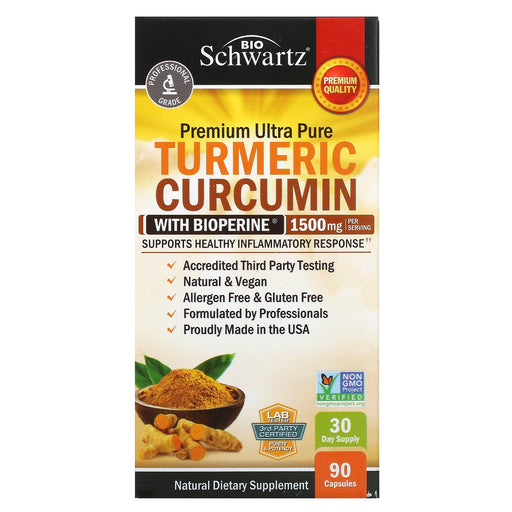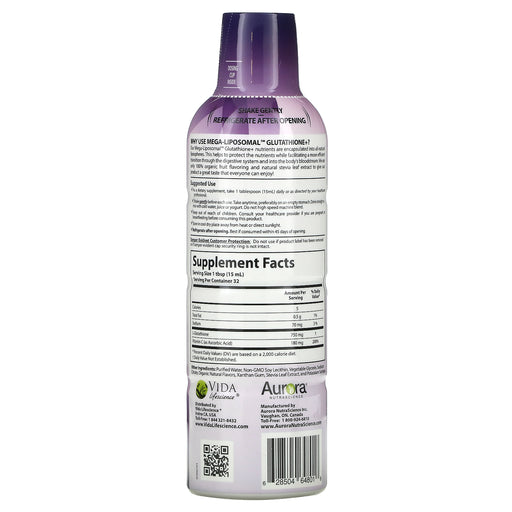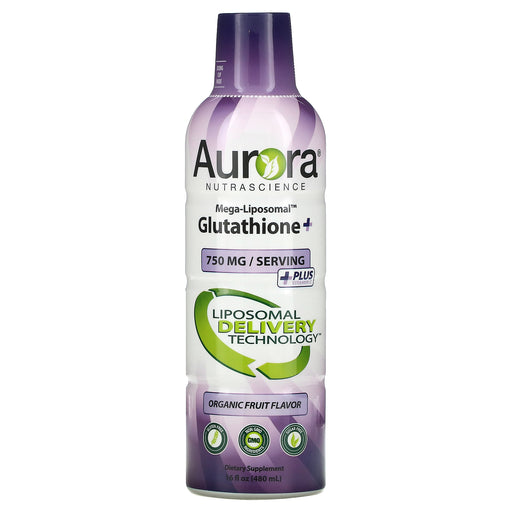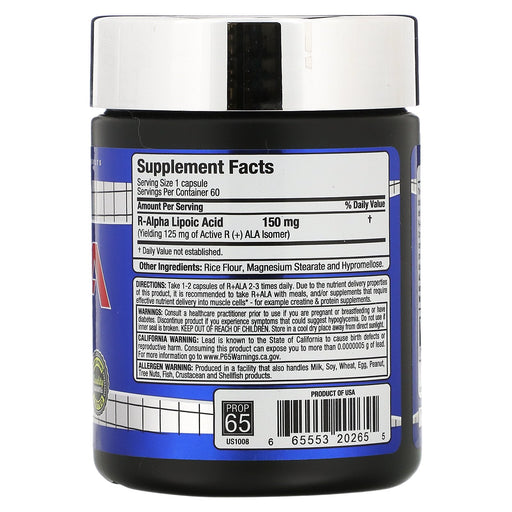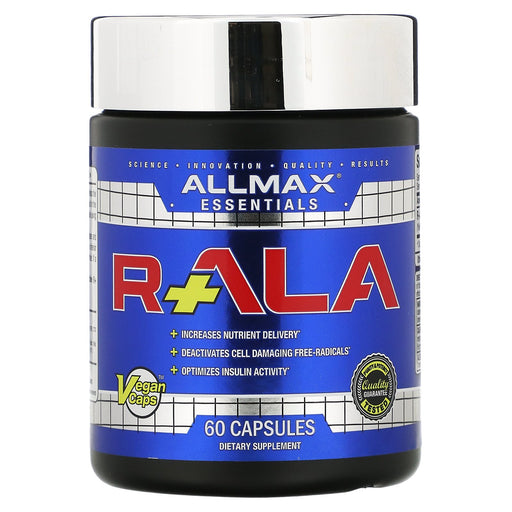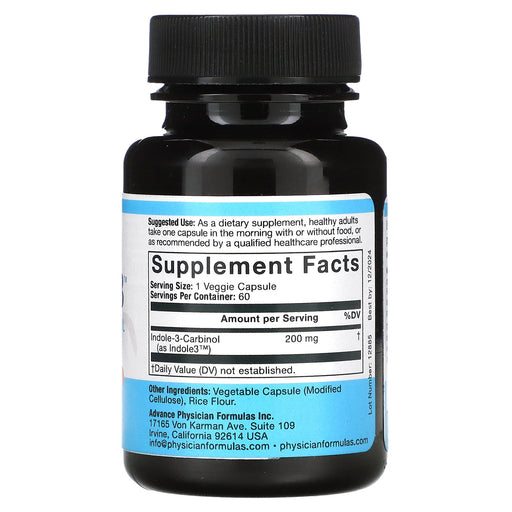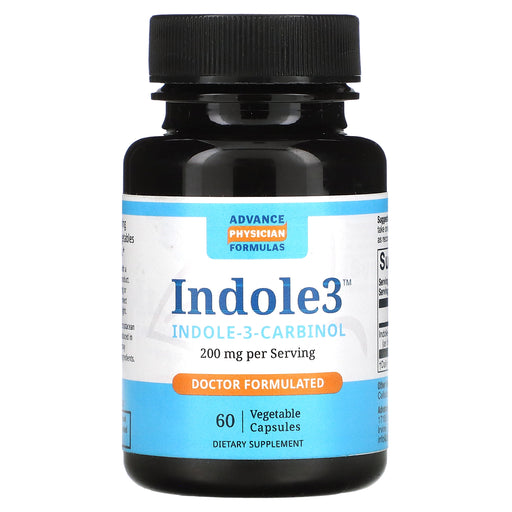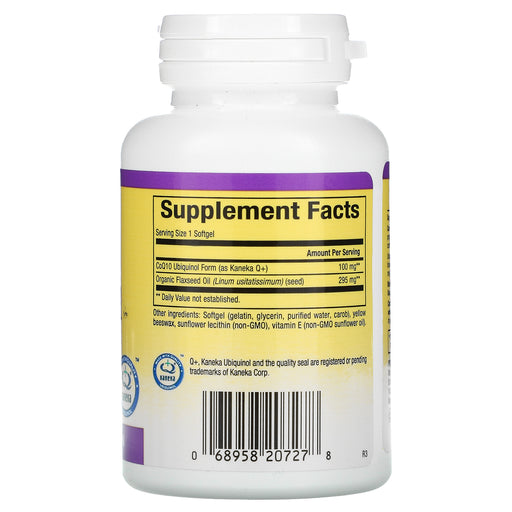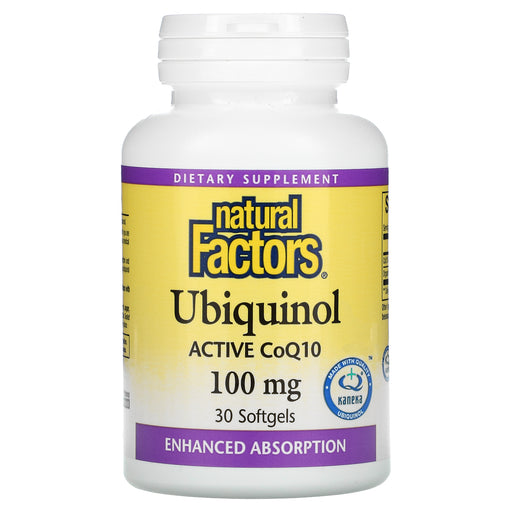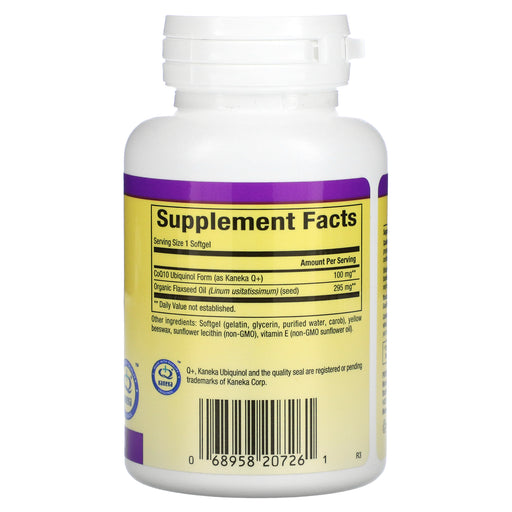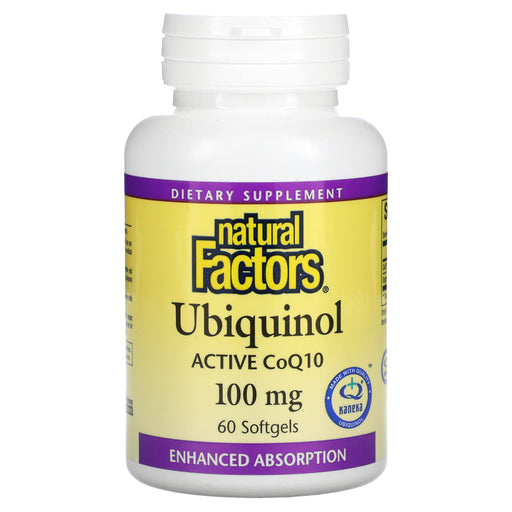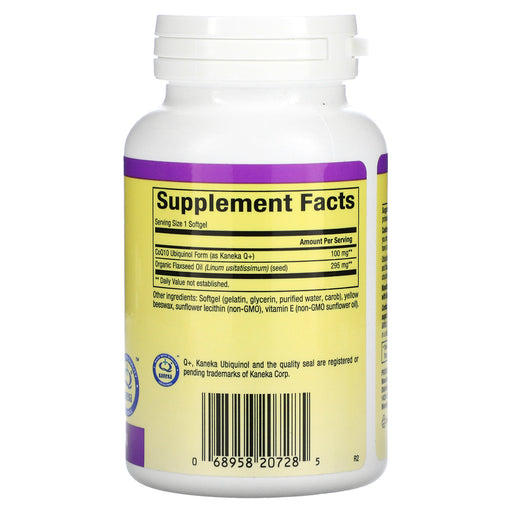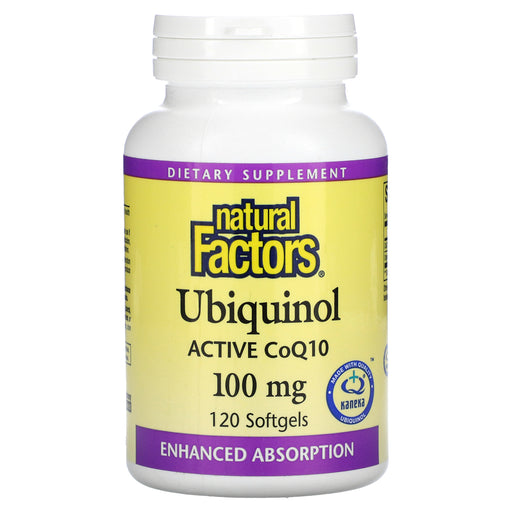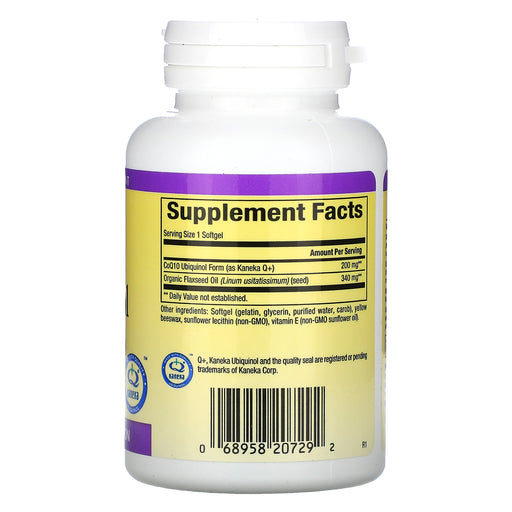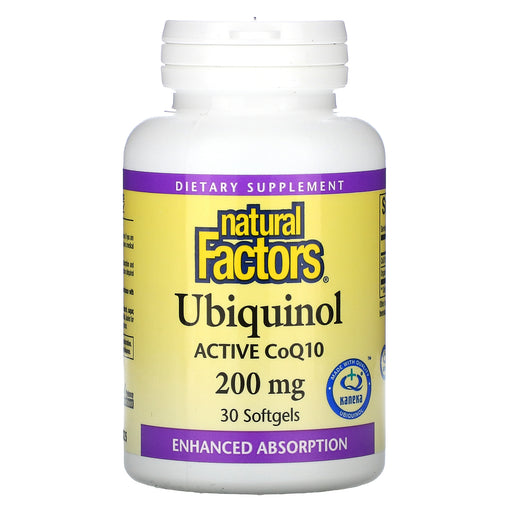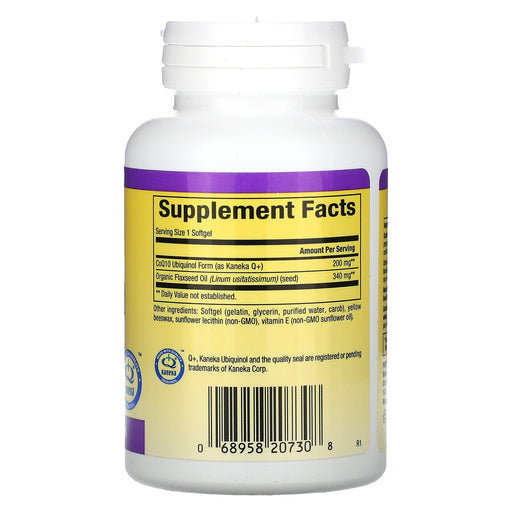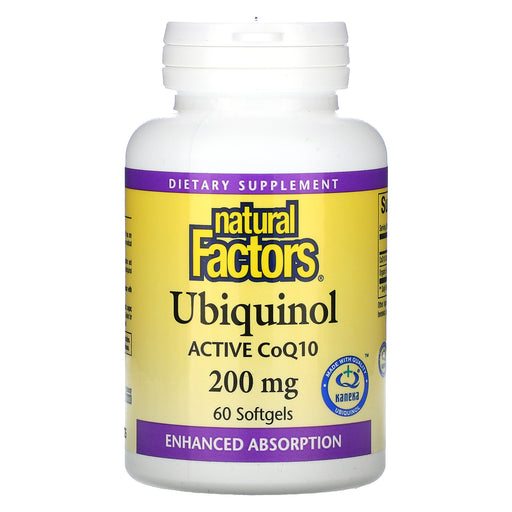
Harness the Power of Antioxidants for Optimal Health and Well-Being
Antioxidants are essential compounds that help protect our cells from the damaging effects of free radicals, unstable molecules that can contribute to oxidative stress and the development of chronic health conditions. By incorporating antioxidant-rich foods and supplements into your daily routine, you can support your body's natural defenses and promote overall health and vitality.
What are Antioxidants?
Antioxidants are molecules that can donate an electron to neutralize free radicals, effectively preventing them from causing cellular damage. Free radicals are generated through normal metabolic processes, as well as exposure to environmental stressors like pollution, UV radiation, and unhealthy lifestyle habits.
When the body's natural antioxidant defenses are overwhelmed by excess free radicals, oxidative stress occurs, leading to cellular dysfunction and contributing to the development of various health concerns, including premature aging, cardiovascular issues, and cognitive decline.
Antioxidants work to maintain a healthy balance between free radicals and antioxidants, protecting cells and supporting overall well-being. They can be found naturally in a wide variety of foods, particularly colorful fruits and vegetables, as well as in targeted antioxidant supplements.
The Benefits of Antioxidant Supplementation
Incorporating antioxidant supplements into your daily routine can offer a wide range of potential benefits for health and vitality. Some of the key advantages of antioxidant supplementation include:
- Cellular Protection: Antioxidants help neutralize free radicals and protect cells from oxidative damage, supporting the health and function of tissues throughout the body.
- Healthy Aging Support: By reducing oxidative stress and cellular damage, antioxidants can support healthy aging, promoting vitality and resilience throughout life.
- Immune Function: Many antioxidants, such as vitamin C and zinc, play crucial roles in supporting immune system function and helping the body defend against pathogens.
- Cardiovascular Health: Certain antioxidants, like coenzyme Q10 and resveratrol, have been shown to support cardiovascular health by promoting healthy blood flow and reducing oxidative stress on the heart and blood vessels.
- Cognitive Function: Antioxidants like vitamin E and astaxanthin have been linked to improved cognitive function and neuroprotection, supporting brain health as we age.
Key Antioxidants to Look for in Supplements
When choosing an antioxidant supplement, look for products that contain research-backed antioxidants known to support specific aspects of health. Some of the most important antioxidants to consider include:
- Vitamin C: This water-soluble vitamin is a potent antioxidant that supports immune function, skin health, and the production of collagen, a key protein for healthy connective tissue.
- Vitamin E: A fat-soluble vitamin that helps protect cell membranes from oxidative damage and supports cardiovascular, immune, and neurological health.
- Coenzyme Q10: A vital antioxidant that supports cellular energy production, heart health, and cognitive function.
- Resveratrol: A polyphenol found in grapes and red wine that possesses potent antioxidant and anti-inflammatory properties, supporting cardiovascular and metabolic health.
- Astaxanthin: A powerful carotenoid found in algae and seafood that offers strong antioxidant protection and supports eye, skin, and brain health.
Choosing the Best Antioxidant Supplement
When selecting an antioxidant supplement, it's essential to choose a high-quality product from a trusted brand. Consider the following factors:
- Potency and Bioavailability: Look for supplements that contain clinically effective doses of antioxidants and are formulated for optimal absorption and bioavailability.
- Quality and Purity: Choose supplements that are manufactured in GMP-certified facilities, free from artificial additives and contaminants, and third-party tested for purity and potency.
- Targeted Benefits: Consider your individual health concerns and choose antioxidant supplements that offer targeted support for specific areas of health, such as eye, heart, or brain function.
- Brand Reputation: Opt for supplements from reputable brands with a history of producing effective, science-backed antioxidant products and a commitment to transparency and safety.
Maximizing the Benefits of Antioxidants
To get the most out of your antioxidant supplement, consider the following tips:
- Combine with a Healthy Diet: While antioxidant supplements can provide valuable support, they work best when combined with a balanced, antioxidant-rich diet that includes plenty of colorful fruits and vegetables.
- Use Consistently: The benefits of antioxidants are most apparent with consistent, long-term use. Incorporate your supplement into your daily routine for optimal results.
- Consider Synergistic Nutrients: Some antioxidants work best when combined with other nutrients, such as vitamin C with bioflavonoids or resveratrol with pterostilbene. Look for supplements that offer synergistic combinations for enhanced effectiveness.
- Consult with a Healthcare Professional: If you have any pre-existing health conditions or are taking medications, consult with a healthcare professional before starting an antioxidant supplement regimen to ensure safety and appropriate use.
Witness Your Body's Antioxidant Potential
If you're looking to support your cellular health, promote healthy aging, and maintain overall well-being, antioxidant supplements may be the key to unsealing your body's full potential.
Search our selection of high-quality antioxidant supplements and discover the power of targeted nutrition for yourself. With a commitment to purity, potency, and your individual needs, we're here to help you achieve optimal health and thrive.
Frequently Asked Questions about Antioxidants
1. What is the best antioxidant supplement?
The best antioxidant supplement for an individual may depend on their specific health needs and goals, but some of the most well-researched and potent options include:
- Vitamin C: A water-soluble antioxidant that protects cells from oxidative stress
- Vitamin E: A fat-soluble antioxidant that helps maintain cell membrane integrity
- Coenzyme Q10 (CoQ10): Supports cellular energy production and antioxidant defense
- Astaxanthin: A powerful carotenoid antioxidant with anti-inflammatory properties
- Resveratrol: A polyphenol antioxidant found in grapes and red wine
- Glutathione: The body's master antioxidant that helps recycle other antioxidants
It's essential to choose high-quality, research-backed products and consult with a healthcare professional before starting any new supplement regimen.
2. Is it good to take antioxidant supplements?
Antioxidant supplements can be beneficial for overall health and well-being, particularly for individuals who may not consume a balanced, nutrient-rich diet. Potential benefits of antioxidant supplementation include:
- Protecting cells from oxidative stress and damage
- Supporting healthy aging and longevity
- Promoting cardiovascular health
- Supporting brain function and cognitive health
- Enhancing immune function
- Supporting healthy skin, hair, and nails
- Reducing inflammation throughout the body
However, it's essential to choose high-quality, research-backed supplements and consult with a healthcare professional to ensure safe and appropriate use, especially if you have pre-existing health conditions or are taking medications.
3. Which 3 vitamins are antioxidants?
Three vitamins that are known for their potent antioxidant properties include:
- Vitamin C: A water-soluble antioxidant that protects cells from oxidative stress
- Vitamin E: A fat-soluble antioxidant that helps maintain cell membrane integrity
- Beta-carotene (provitamin A): A carotenoid antioxidant that supports immune function and eye health
4. Which are the 2 most important antioxidants?
The two most important antioxidants are often considered to be:
- Vitamin C: A water-soluble antioxidant that protects cells from oxidative stress and supports collagen production, immune function, and wound healing
- Vitamin E: A fat-soluble antioxidant that helps maintain cell membrane integrity and supports cardiovascular, cognitive, and skin health
However, it's important to note that a wide variety of antioxidants, including other vitamins, minerals, and plant compounds, work synergistically to support overall health and protect against oxidative stress.
5. What is the strongest antioxidant?
The strength of an antioxidant can be measured by its ORAC (Oxygen Radical Absorbance Capacity) value, which indicates its ability to neutralize free radicals. Some of the antioxidants with the highest ORAC values include:
- Astaxanthin: A powerful carotenoid antioxidant found in marine algae and seafood
- Hydroxytyrosol: A polyphenol antioxidant found in olive oil and olive leaf extract
- Epigallocatechin gallate (EGCG): The primary catechin antioxidant found in green tea
- Resveratrol: A polyphenol antioxidant found in grapes, red wine, and Japanese knotweed
- Curcumin: The main active compound in turmeric, known for its potent antioxidant and anti-inflammatory properties
6. Which vitamin is the strongest antioxidant?
The vitamin generally considered to be the strongest antioxidant is vitamin E, particularly in its alpha-tocopherol form. Vitamin E is a fat-soluble antioxidant that helps protect cell membranes from oxidative damage and supports overall cellular health. However, it's important to note that other vitamins, such as vitamin C and beta-carotene, also have potent antioxidant properties and work synergistically with vitamin E to support overall health and protect against oxidative stress.
7. What is the best antioxidant to take daily?
The best antioxidant to take daily may depend on individual health needs and goals, but some of the most well-rounded and beneficial options include:
- Vitamin C: Supports collagen production, immune function, and overall antioxidant protection
- Vitamin E: Helps maintain cell membrane integrity and supports cardiovascular, cognitive, and skin health
- Coenzyme Q10 (CoQ10): Supports cellular energy production and antioxidant defense
- Mixed carotenoids (e.g., beta-carotene, lutein and zeaxanthin): Support eye health, immune function, and overall antioxidant protection
- Polyphenol blends (e.g., green tea extract, resveratrol, and grape seed extract): Offer a wide range of antioxidant and anti-inflammatory benefits
It's essential to choose high-quality, research-backed products and consult with a healthcare professional to ensure safe and appropriate use, especially if you have pre-existing health conditions or are taking medications.
8. What is the king of antioxidants?
The "king of antioxidants" is a term often used to describe glutathione, a potent endogenous antioxidant produced by the body. Glutathione is known as the body's master antioxidant because it:
- Directly neutralizes free radicals and reactive oxygen species
- Helps recycle and regenerate other antioxidants, such as vitamin C and vitamin E
- Supports detoxification and immune function
- Plays a crucial role in cellular health and longevity
While the body produces glutathione naturally, levels may decline with age, stress, and exposure to environmental toxins. Glutathione supplements, as well as precursor nutrients like N-acetylcysteine (NAC) and alpha-lipoic acid, may help support optimal glutathione levels and overall antioxidant defense.
9. What is a super high antioxidant?
A "super high antioxidant" is a term used to describe antioxidants with exceptionally high ORAC (Oxygen Radical Absorbance Capacity) values or those that have demonstrated potent antioxidant and health-protective properties in research studies. Some examples of super high antioxidants include:
- Astaxanthin: A powerful carotenoid antioxidant found in marine algae and seafood
- Hydroxytyrosol: A polyphenol antioxidant found in olive oil and olive leaf extract
- Epigallocatechin gallate (EGCG): The primary catechin antioxidant found in green tea
- Resveratrol: A polyphenol antioxidant found in grapes, red wine, and Japanese knotweed
- Curcumin: The main active compound in turmeric, known for its potent antioxidant and anti-inflammatory properties
- Glutathione: The body's master antioxidant that helps recycle and regenerate other antioxidants
Incorporating a variety of these super high antioxidants into your diet or supplement regimen may help provide comprehensive protection against oxidative stress and support overall health and well-being.


